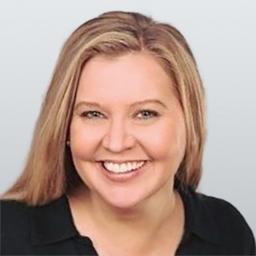Commentary
It’s every parent’s nightmare. Your child isn’t feeling well. You take them to the emergency room, and the recommended treatment has dangerous side effects that you believe will permanently harm your child. You refuse treatment and take your child elsewhere, as is your right.


